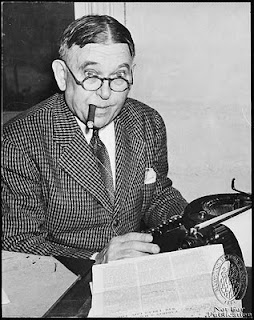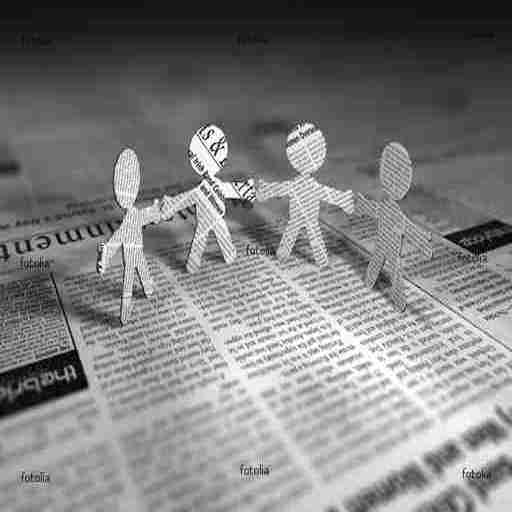The View from Afar
Writings by retired newspaper publisher Stephen Waters

The fabric of society: 7. How individual character blossoms
fas07of14 Rome (NY) Sentinel 2015-10-08 October 7, 2015
One can identify with Michel de Montaigne, inventor of the essay as a literary form in 1585, “If a man remembers how very many times he has been wrong in his judgment, will it not be foolish of him not to mistrust it ever after?” Montaigne’s personal experience is distant from ours, but one can identify a similar pattern in one’s
personal unique experience. Montaigne said he would run to embrace truth from others when he saw it coming. [1]
He shares a frame of reference despite extreme differences in religion, language, upbringing, culture, time-shift, and almost everything else. People can go beyond the traditions that only carry them so far.
What is perceived as lack of morality is the hollow framework of earlier philosophers crumbling under the heavy weight of more recent criticism like Friedrich Nietzsche’s “God is dead” and Jean Paul Sartre’s nausea at discovering a universe both Shakespeare and Faulkner called “full of sound and fury, signifying nothing.” They found nowhere to turn.
With nothing to replace what had been lost, authorities beat the same drum louder and harder, with no greater expectation of success. Brittle rules could be drummed into students, or students could be nudged to develop a process by which they can decide how to respond honorably. Dynamic process produces citizens better able to recognize the ethics of a situation they find themselves in, and to decide how to respond appropriately to changeable circumstances.
Unique words do not exist to distinguish between culturally dependent traditions called morals, and dynamic process concepts that are paths to moral decisions deduced from humility and reciprocity. If one were to try to find a word to distinguish cultural morés from societal morals, the word “character” fits the morals deduced from humility and reciprocity. Character represents the processes one mind uses to decide how to act toward others. Concepts considered “virtues” map to process concepts:
Humility, of course, maps to humility, but so does forgiveness. Benevolence, compassion, generosity, gentleness, tolerance, justice, loyalty, and others map to reciprocity and a sense that others live their lives as acutely as you live yours. Responsibility, truthfulness, sensitivity, dependability, alertness, and sincerity all map to regard for the accuracy of one’s mental map of reality. Contentment, initiative, joyfulness, patience, map to a sense of time and one’s place in it.
Other so-called virtues are skills like rhetoric or worthwhile habits like creativity, orderliness, or endurance. Still other useful understandings are important to know but are not usually classified as virtues:
Balance, consistency, and simplicity come with perspective. Understanding facades and what is possible separate ideas from one’s self. Recursion and continuous re-evaluation are processes useful for problem solving.
Consider where the courage represented by the Hobbits in Tolkein’s “Lord of the Rings” might come from. Characters in books find a well of strength to draw from as surely as they find it in real life. Thomas Mann’s hypothesis in “Magic Mountain” does not have to play out, that our culture creates people that are docile and compliant. Docile and compliant isn’t courageous. Joshua Chamberlain at the battle of Gettysburg was courageous, not docile and compliant.
[The next article examines character is validated.]
--
[1] Montaigne, Michel de. Essays. Hammondsworth, Middlesex, England: Penguin Books Ltd., 1958. Print.

Stephen B. Waters
In early 2021, with 46 years in the business, I retired as publisher of the Rome (NY) Daily Sentinel
After five generations of family ownership, despite an unsettled economy, we keep on. We understand that although we may own the newspaper, we hold it in stewardship for the community.
Across my career, so many other small newspapers were purchased by media chains, large newspapers sold their integrity, and broadcast news outfits fell back on superficial entertainment.
They put journalism in this country at risk. The best antidote is for individual readers to arm themselves to recognize the danger to their community, culture, and society itself.
Index
-
 sbwTweet
sbwTweet
Mostly Links and Retweets -
 Essays
Essays
Writings across time -
 Editorials and columns
Editorials and columns
For the newspaper -
 Presentations
Presentations
Community discourse -
 Books
Books
Published and available -
 Audiobooks
Audiobooks
Readings and more